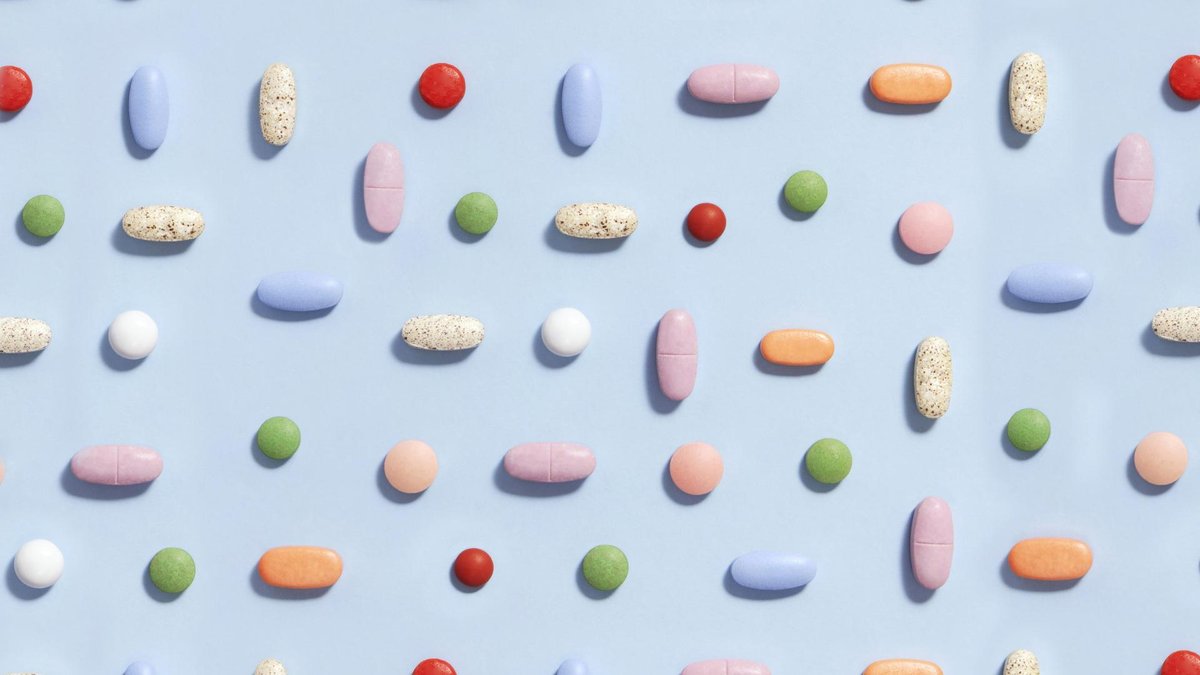
General advice for maintaining eye health includes getting exercise and eating a varied and healthy diet. But many glaucoma patients ask what specific foods they can eat to lower blood pressure. This article focuses on current medical research concerning caffeine, alcohol, antioxidants, supplements, and more.
It is important to note that, at this juncture, the only proven method to treat glaucoma is to lower eye pressure. Also, when considering the population-based studies mentioned below that have examined the question of diet and glaucoma, they are primarily addressing whether dietary factors play a role in the development and diagnosis of glaucoma, and not whether they can help slow the progression of the disease.
Caffeine and Alcohol
An often asked question is whether caffeine affects eye pressure and glaucoma. It is known that caffeine can cause a several point rise in eye pressure that lasts for at least 90 minutes. However, whether that increase is of concern is best addressed between the patient and their eye doctor. A good rule of thumb is to exercise moderation with caffeine consumption. One cup of coffee is unlikely to cause any harm, but if you like to drink large amounts of coffee consider switching some of that consumption to decaffeinated. With regard to alcohol consumption, it is known that alcohol can lower eye pressure in the very short term, but there is no data to suggest that drinking alcohol reduces the risk of developing glaucoma or prevents its progression. As with almost everything, moderation is a good idea.
Antioxidants
As oxidative stress is thought to be an important feature of glaucoma, there have been several studies examining the relationship between antioxidant intake and glaucoma. In one prospective study,* no relationship was found between antioxidant intake, such as carotenoids, vitamin C, vitamin E, and the risk of developing glaucoma. However, there are other large studies that have shown a possible relationship between the consumption of foods rich in antioxidants, such as green leafy vegetables like kale and collards, and decreased glaucoma risk. In African-American women, there was a decreased risk of glaucoma with higher intake of certain fruits and vegetables high in vitamin A, vitamin C, and carotenoids. It has certainly been shown that increased consumption of fruits and vegetables and a heart-healthy diet will help decrease risk of heart disease and diabetes, and this is what I often recommend to my patients who ask about diet and glaucoma. More research needs to be done, however, to determine specific recommendations about antioxidants and glaucoma progression.
Dietary Nitrates (Green Leafy Vegetables)
Intake of dietary nitrates, derived mainly from green leafy vegetables, was associated with a 20 to 30 percent lower risk of primary open-angle glaucoma in two large studies examining the relationship between nutrition among other factors and various chronic diseases in men and women (the Nurses’ Health Study and the Health Professionals Follow-up Study). Interestingly, in patients with early visual field loss that was close to the central vision, the association was even stronger (40 to 50 percent lower risk). Again, it is important to note that this association was examining the risk of glaucoma diagnosis, not progression or worsening of existing glaucoma. Nevertheless, the advice to eat green leafy vegetables is probably a good one!
Omega Fatty Acids
A recently published prospective study found that a diet with a high omega 3:6 ratio intake, and thus low in omega 6, was associated with a higher risk of glaucoma. However, more studies are needed in order to determine whether recommending a diet with a lower omega 3:6 ratio is justified, especially since both omega-3 fatty acids and omega-6 fatty acids are important for heart health and other diseases. Omega-3 fatty acids are typically found in vegetable oils, green vegetables such as kale, and fatty fish such as salmon. Omega-6 fatty acids are found in many types of vegetable oils and can help lower LDL cholesterol. Thus, at this juncture, it would not be recommended to modify your omega-3 and omega-6 consumption since both have been shown to be associated with many health benefits.
Supplements
Another common question is whether there are any supplements that can be taken to reduce the risk of glaucoma or to treat glaucoma. Currently, there is no convincing data that supplementation can help in preventing or treating glaucoma. Due to the fact that supplements are made by many different suppliers and there is no legal or regulatory standardization in the United States, and that they can be expensive, I usually advise patients not to take additional “eye” supplements other than a standard multivitamin, which was demonstrated by a randomized controlled trial.
Please note that there is a specific supplement intervention, however, that could delay and possibly prevent intermediate age-related macular degeneration from progressing to the advanced stage. It is very important to ask your ophthalmologist if this supplement would be beneficial to you if you have macular degeneration.
Summary
There is still much to be learned about the relationship between diet and glaucoma.
While there is insufficient evidence to specific foods that lower eye pressure, there are diet and lifestyle choices that will help glaucoma patients stay healthier.
Foods That May Support Eye Health
- Leafy vegetables like kale and collards
- Vitamin A
- Vitamin C
- Carotenoids
- Omega fatty acids
Examples of foods rich in these vitamins are listed in our glaucoma toolkit.
What to Avoid or Consume in Moderation
- Caffeine
- Alcohol
- Eye “supplements” (unless under care of an ophthalmologist)
Eat a healthy, well-balanced diet and to talk to your eye doctor about what recommendations he or she has for your specific situation.
About BrightFocus Foundation
BrightFocus Foundation is a premier global nonprofit funder of research to defeat Alzheimer’s, macular degeneration, and glaucoma. Through its flagship research programs — Alzheimer’s Disease Research, Macular Degeneration Research, and National Glaucoma Research— the Foundation has awarded nearly $300 million in groundbreaking research funding over the past 51 years and shares the latest research findings, expert information, and resources to empower the millions impacted by these devastating diseases. Learn more at brightfocus.org.
Disclaimer: The information provided here is a public service of BrightFocus Foundation and is not intended to constitute medical advice. Please consult your physician for personalized medical, dietary, and/or exercise advice. Any medications or supplements should only be taken under medical supervision. BrightFocus Foundation does not endorse any medical products or therapies.
- Lifestyle
- Nutrition










